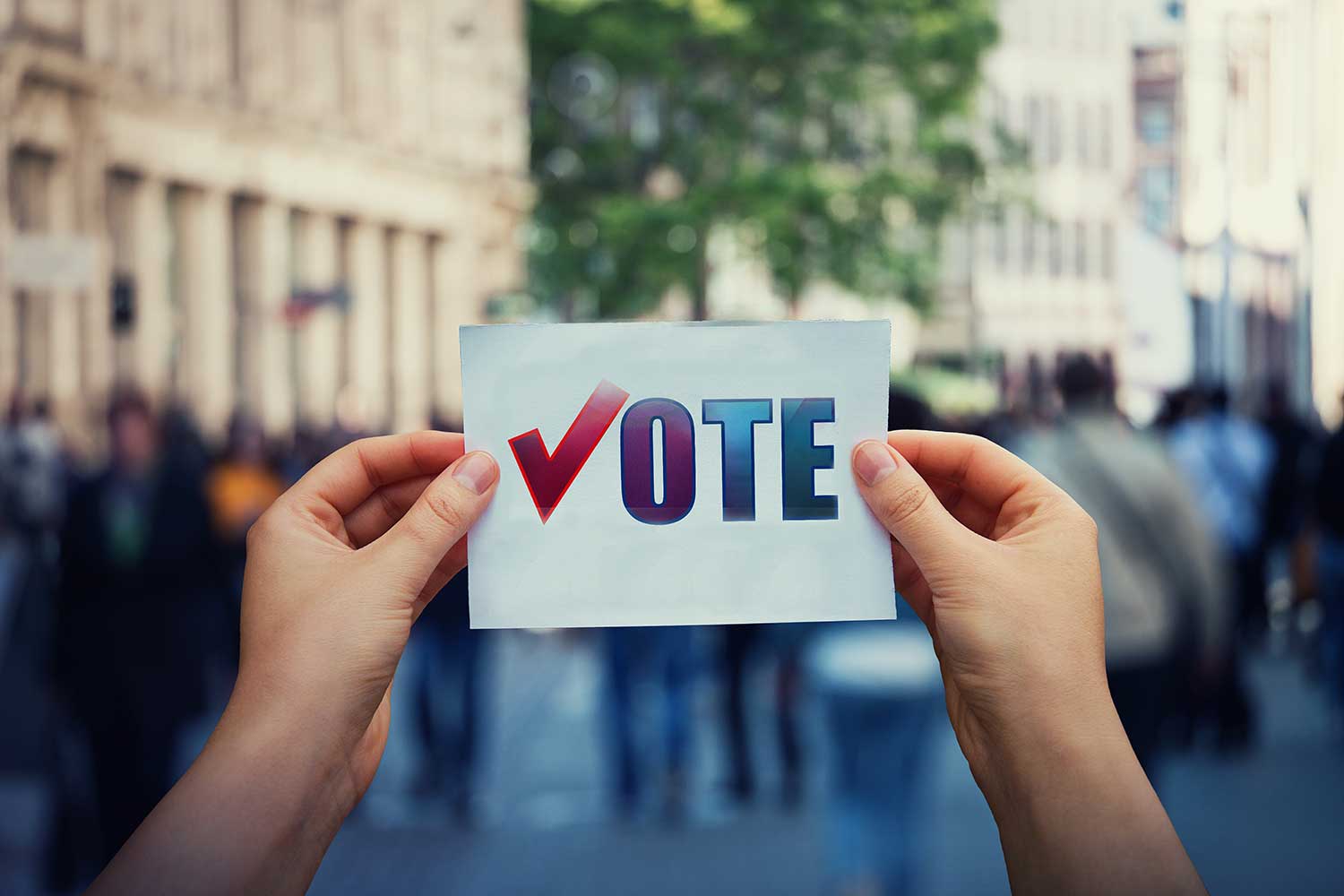With the national election less than a month away, we’re already seeing pictures of long lines of early voters and reports that maintaining social distancing in polling locations due to the COVID-19 pandemic will likely increase the time it takes to vote.
One thing is clear: Employers need to prepare for employees’ requests for time off on Tuesday, Nov. 3.
Over 600 national employers, encouraged by the Time to Vote movement, have chosen to make Election Day a paid holiday. If you don’t have Election Day as a holiday, it’s important to consider what employers’ responsibilities are for providing leave to vote.
Voting leave mandated.
There are about 22 states that have laws granting employees the right to take paid time off to vote.1 Some states also require employees to be granted the entire day off if working the election as a poll worker or in the election’s office.
There are many variations of these laws. Some require notices to be posted. Some specify the amount of time that the employee is eligible to take off and how the employee requests and schedules the leave with their employer.
With all these details, it is important that you understand the specifics of the voting/election leave law in your state/locality. Generally, this information can be found on the website for the Secretary of State or your local county elections office.
For example, see the California Secretary of State Time off to Vote webpage with sample notices for employers. The U.S. Election Assistance Commission and FiveThirtyEight also are great resources for state voting laws.
Although many employees may choose to vote by mail this year, some are choosing to drop off their ballots in person and may face long waits to do so.
Whether a worker can ask for time off to vote early or drop off their mailed ballot is not typically addressed in the law, so employers should remain flexible about these requirements.
If your nonprofit has employees who live in a neighboring state, it makes sense to follow the law where the employee will be voting, although that is also not clearly addressed in these laws either.
Some states, such as Maryland, Oklahoma, Missouri, and Wyoming, require employees to prove that they voted to get the leave.
States without voting leave laws.
The remainder of states do not require employers to provide voting leave, but some of these states encourage employers to allow time off for voting.
Employers in states that do not mandate voting leave should review their handbooks and policies to see if they offer voting or other accrued paid time off that could be used for this purpose.
Employee requests for time off in states with no mandatory voting law should be processed in a non-discriminatory manner, without regard to any protected characteristic, such as race, gender, or other legally protected characteristic.
Get prepared.
All employers should take the following steps now to be prepared for Election Day:
- Research your state and county’s election leave laws.
- Provide any mandated notice to employees about their voting leave rights.
- Consider encouraging employees to vote early or by mail if allowed in your state.
- Solicit employee time off requests early to evaluate how many absences will need to be scheduled and managed. Review the applicable law to see what control the employer has, if any, regarding the timing of the leave.
Notes:
1These states have paid voting leave laws: Alaska, Arizona, California, Colorado, District of Columbia, Illinois, Iowa, Kansas, Maryland, Minnesota, Missouri, Nebraska, Nevada, New Mexico, New York, Oklahoma, South Dakota, Tennessee, Texas, Utah, West Virginia, and Wyoming.





